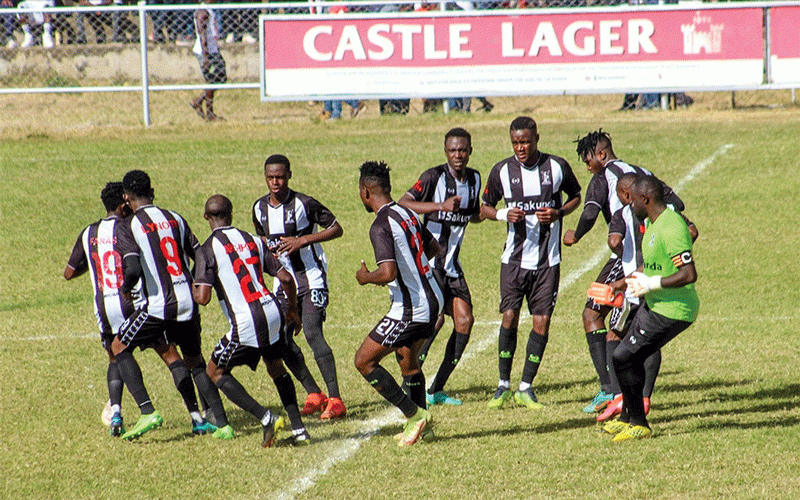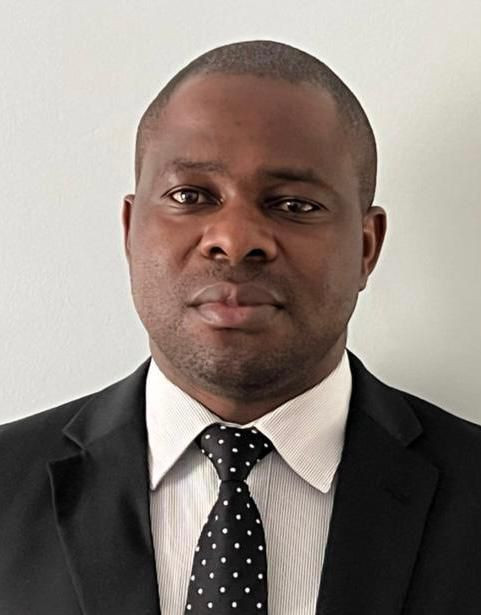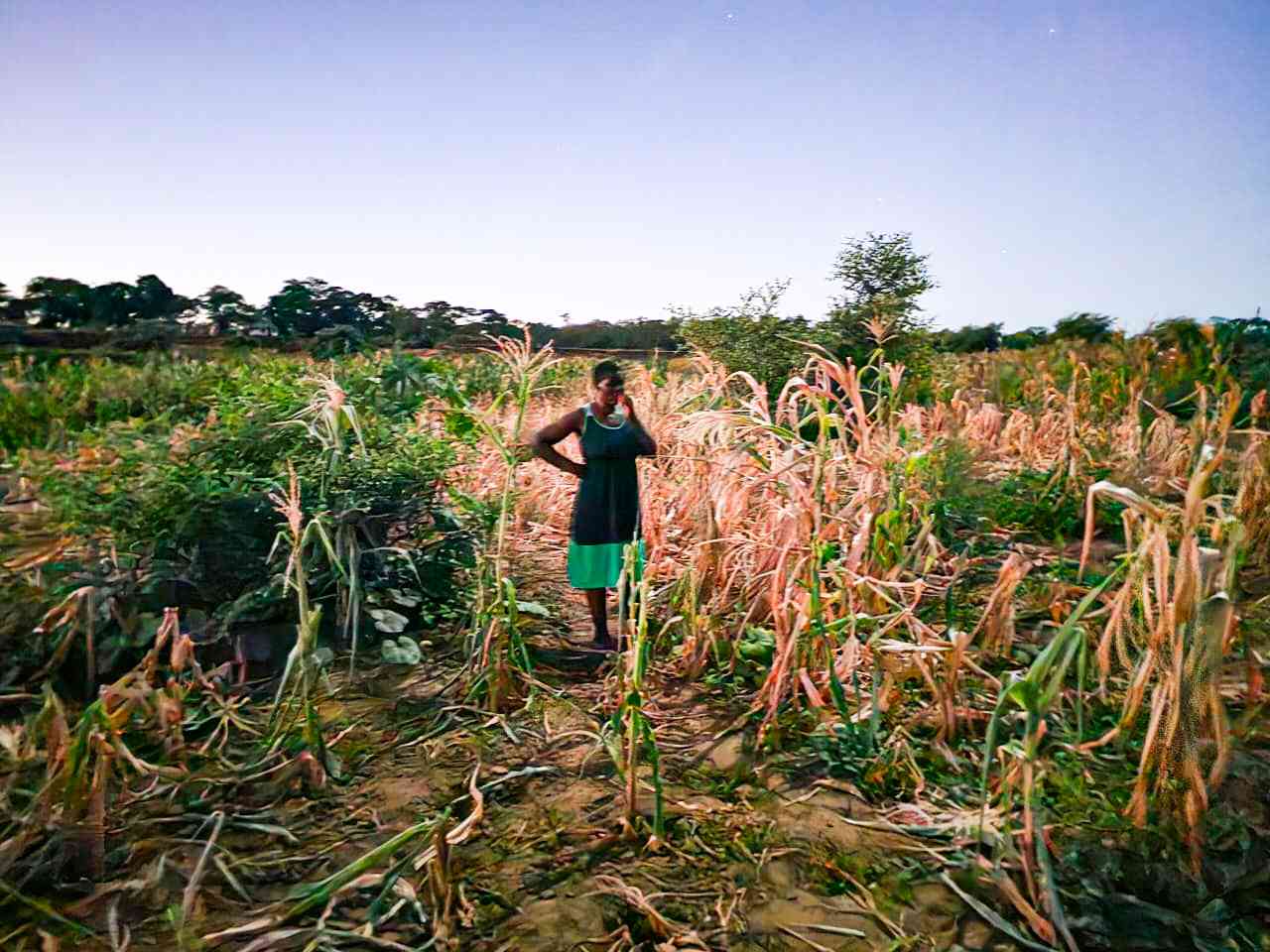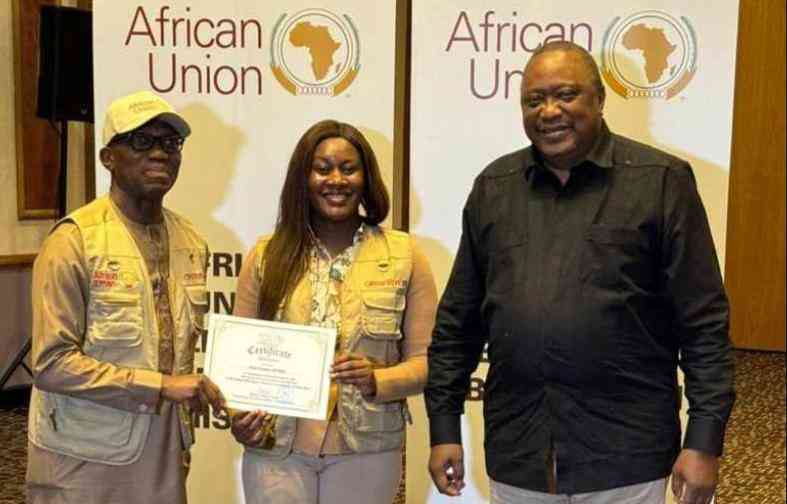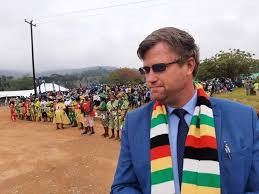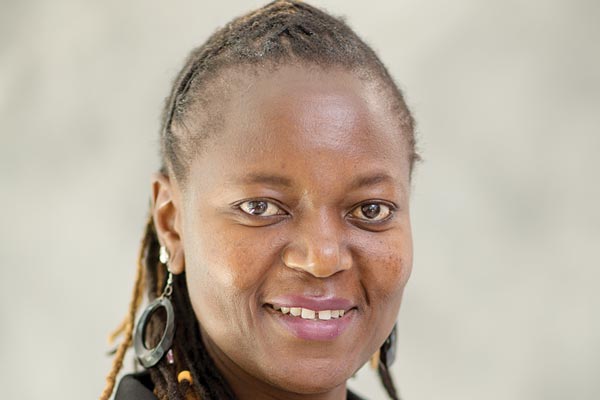
Talking recently to a cross section of young Zimbabwean teens from across the economic spectrum, one theme was common.
They all want to leave the country when they finish school. They do not see opportunities for them here as they say all the spaces are firmly occupied by old people. They agreed that Zimbabwe is not a place for young people.
They bemoaned the lack of things to do during holidays, the lack of entertainment facilities, business and employment opportunities.
The majority said they do not want to leave, but are forced by the sustained economic difficulties. The ones from families with lesser economic means talked of crossing the border to find work in neighbouring countries.
The ones from more economically-resourced families are already starting to search for scholarship opportunities in European, USA, Australian universities etc. Some will end up in hitherto unheard of academic institutions in China, Cyprus, Turkey, Belarus etc- anywhere just to leave. Very few talked about returning.
Zimbabwean youths even from primary school are surprisingly politically well informed and analytical about the country’s politics and problems.
High school debates are enough evidence of young people’s awareness, intelligence and capability to grasp complex concepts. Unfortunately, there are very few platforms young people can participate in and contribute to national decision-making processes even in matters which affect them.
There are token platforms for the cameras like the Junior Parliament, Junior Council, Junior Chamber of Commerce etc but they are superficial concepts which serve students from urban and elite schools only.
- Chamisa under fire over US$120K donation
- Mavhunga puts DeMbare into Chibuku quarterfinals
- Pension funds bet on Cabora Bassa oilfields
- Councils defy govt fire tender directive
Keep Reading
No-one except themselves, their teachers and parents take them seriously. Such concepts do not groom or nurture leadership in any sustained way and after high school clubs that is the end of it.
The average age of the world’s leaders has decreased. In developed countries even while they have the oldest populations their leaders are young.
The average age of leaders of the top ten most developed countries is only 52. Jacinda Arden the Prime Minister of New Zealand is 39, Sebastian Kurz the Chancellor of Austria is 33, Sanna Marin the Prime Minister of Finland is 34, Leo Varadkar the Taoiseach (Prime Minister and head of government) of Ireland is 41 years old, and last but not least French President Emmanuel Macron is 42.
The average age of the ten oldest African leaders is 80,2 years while the average age of Africans is just 19,4 years old.
So the oldest leaders in the world are deciding the futures of the youngest people in the world The Zimbabwean President Emmerson Mnangagwa is 77 years old and is in his first term of office.
He is expected to vie for a second term in 2023 when he will be 80 which term he may finish aged 85. His predecessor Robert Mugabe was forced out of office in 2017 at age 93.
Zanu PF had wanted him to vie for another term in 2018 aged 94 and he was willing. If fate had not intervened, he would still be in power and now 96 years old.
Some argue that death came sooner than expected because of the heartbreak of the cold rejection by the party he had called home and led for more than 40 years.
President Mnangagwa’s two deputies Kembo Mohadi and Constantino Chiwenga are 70 and 63 respectively. One of them will most likely succeed Mnangagwa if he leaves office for whatever reason
Africa is a continent of young people with 65% of the population below 35. Nearly 50% of the population is below 10. In sub-Saharan Africa, half the population is under 18.
Africa’s youth is predicted to grow to more than double from current levels by 2055.
Young people present opportunities for accelerated growth and development because they are still energetic, innovative and optimistic.
They are not yet as cynical about life’s possibilities like old people – an important quality for a development mindset.
Many young Zimbabweans are educated and skilled, but because of the state of the economy and politics, they export their skills and energies to countries which are already developed.
No-one is going to give Zimbabwean youths political and economic power on a silver platter. They have to scrounge around and fight for it like everyone else if they want their fate to change.
They have to form their own political parties or join and reform the existing ones which are all struggling. Young Africans are creating voices and spaces for themselves in countries like Botswana and Rwanda.
Uganda’s Proscovia Oromait became Africa’s first-ever youngest parliamentarian at only 19 and doing her part to create the Uganda she wants to see.
She went into politics because she says she was tired of the corruption and the behaviour of older politicians.
Kenya also elected a 23-year-old into Parliament. Young educated people are always needed in the political processes of their countries.
The current crop of old Zimbabwean political leaders got involved in the 60s and 70s liberation war when they too were young at the height of nationalism and fight for independence, but their best days and ideas are behind them.
Getting involved in national politics is a hard job but it has to be done otherwise the country will remain in the hands of tired old people with recycled failed ideas.
Young people will continue to leave the country but the majority finds that it is not so rosy out there and that Zimbabwe is their only home and that it needs them badly.
Miriam Tose Majome is a lawyer at Veritas and she writes in her personal capacity. She can be contacted on [email protected] and Twitter @MajomeMiriam.

